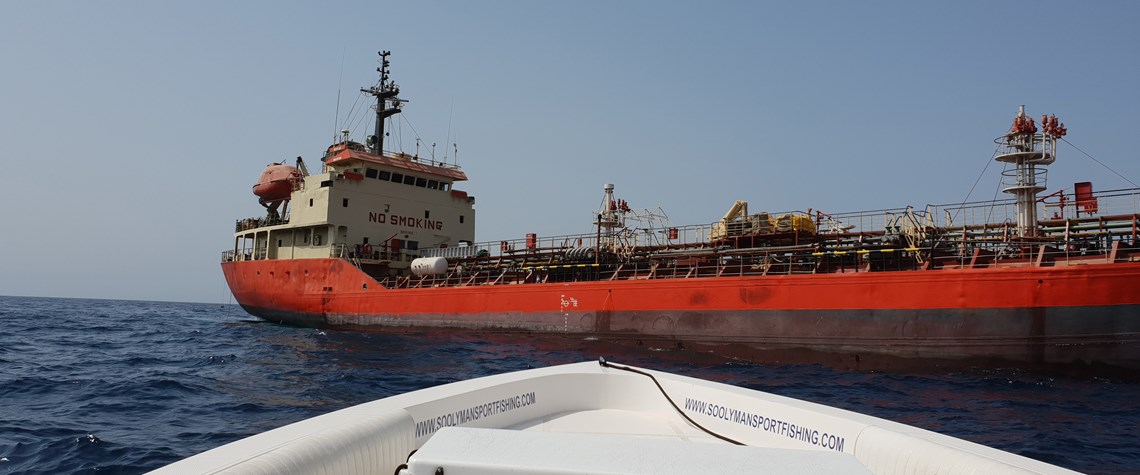Iran plays naval cat-and-mouse game in the Gulf
Western military protection for its tankers is expanding, but unconventional tactics remain a threat
The arrival of a second British warship in the Gulf on 28 July means London has the resources to escort UK-flagged vessels through the Strait of Hormuz. But this support will be small comfort to tanker captains, or the industry that depends on them. State-of-the-art destroyer HMS Duncan and the already Gulf-based frigate HMS Montrose have the firepower, if backed by planes from the US 5th Fleet, to counter Iran's ageing collection of conventional bombers, frigates and submarines. But Iran has several unconventional means of causing havoc if it chooses. Limpet mines, placed by frogmen or delivered by fast boats, have already struck six tankers in the Gulf of Oman, triggering a blame-game abou

Also in this section
27 February 2026
The 25th WPC Energy Congress to take place in tandem as part of a coordinated week of high-level ministerial, institutional and industry engagements
26 February 2026
OPEC, upstream investors and refiners all face strategic shifts now the Asian behemoth is no longer the main engine of global oil demand growth
25 February 2026
Tech giants rather than oil majors could soon upend hydrocarbon markets, starting with North America
25 February 2026
Capex is concentrated in gas processing and LNG in the US, while in Canada the reverse is true







